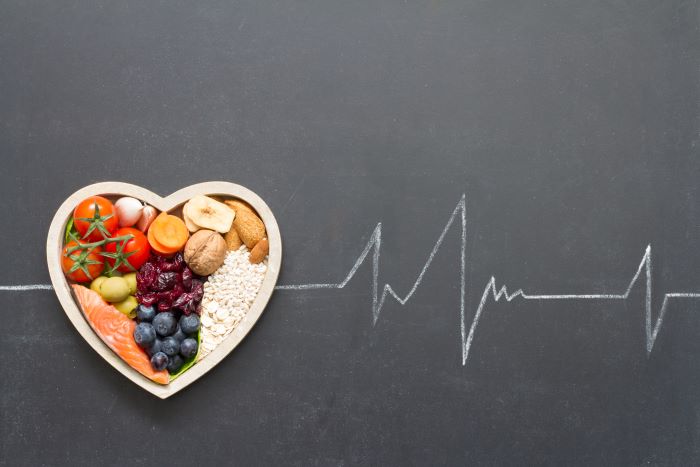
Eating one meal a day is a practice that is becoming increasingly popular among people living with metabolic syndromes or those trying to lose weight. It is a type of fasting that entails abstaining from food or any calorie-containing foods for a period. In most cases, people fast up to 23 or 24 hours a day to reap the full benefits of eating one meal.
The one meal consumed in a day does not have any restrictions. In this case, people consume everything and anything they believe has all the nutritional needs to take them an entire day or until the next meal.
The timing of a single meal a day varies depending on one’s preference. For instance, some take one meal in the morning at breakfast to accrue all the nutrients for an energy-intensive day. Likewise, some take the meal at dinner time until the next dinner.
Benefits of Eating One Meal a Day
Enhances Weight Loss
One of the key benefits of eating one meal a day is that it aids a lot in weight loss. To adequately lose weight, one must either burn the calories ingested or reduce the amount of calorie intake. Restricting calorie intake is a sure way of achieving fat loss.
Consequently, an energy deficit is created in the body by eating one meal a day, given the fewer overall calories taken. The body will be forced to burn down the fat stored to generate the much-needed energy.
The more the number of days that the body is forced to burn down fat stored in the body rather than processed from food ingested, the higher the prospect of losing weight.
Averts Various Medical Conditions
Fasting one meal a day also helps avert the risk of developing some medical conditions. For instance, the intake of food that has the potential to spike sugar in the blood is limited, given that one lives on one meal a day. Consequently, the risk of developing type 2 diabetes due to increased blood sugar is significantly averted.
Likewise, the prospect of becoming obese, which may lead to heart disease or cardiovascular diseases, is significantly reduced. In addition, with one meal a day diet, the prospect of accumulating LDL bad cholesterol is reduced.
Studies have also shown that fasting through the eating of one meal a day has the potential to slow neurodegeneration and promote longevity.
Improves Digestion
Eating one meal a day has the potential to improve digestion. This is partly because fasting takes the pressure off the digestive system for longer. Therefore, the gallbladder, the stomach, and the lower bowel can enjoy sufficient rest, allowing them to work optimally at the next meal.
Studies have shown that the one-meal-a-day plan significantly benefits people with digestive issues such as irritable bowel syndrome. Additionally, long periods without eating can enhance immune activity by shielding one from inflammatory and autoimmune conditions.
Decreases Blood Pressure
One of the key benefits of eating one meal a day is that it decreases the production of the fat-storing hormone. Increased fat storage in the body leads to the thinning of blood vessels associated with high blood pressure. Therefore, reducing the fat-storing hormone helps bring blood pressure to normal levels.
Additionally, the fats storing hormone can contribute to memory problems and lead to dementia in the long run. Therefore, keeping it low is important.
Bottom Line
The benefits of eating one meal a day are many and make it easy to lose weight and live a healthy life. However, it is not so much of a diet plan but a form of intermittent fasting that healthily deprives the body of food.






